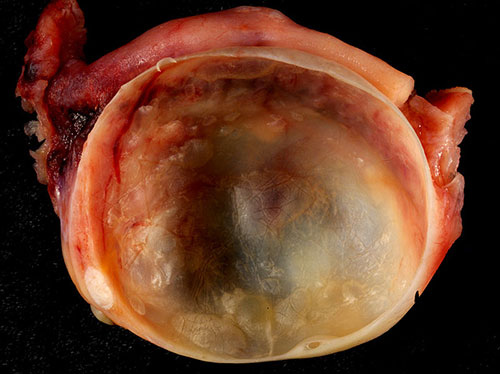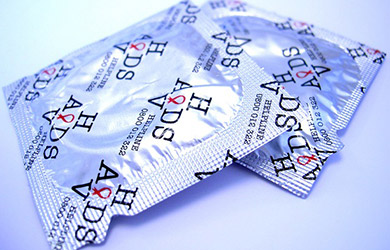When you start to have your period monthly, your body might begin to develop a routine during the first year or so.
Your first period could come and then you don’t have another for a few months or you might skip one or miss a few periods later on. Aside from your body developing a normal pattern, your period could be affected by a number of other things. For example, severe illness such as a stomach flu could affect your period. Read on to find out the answer to this question: Can Stomach Flu Affect Your Period?
First, we will look at the female cycle to help you understand more.
A woman has two ovaries in her body, each containing about one million ova, or eggs. One of the ovaries will release an egg during every menstrual cycle. This usually occurs about midway between two periods. Once the egg is released, it will travel from the ovaries to the fallopian tubes and then into the uterus. The egg will be fertilized if it joins with sperm while travelling to the uterus. Pregnancy will occur when the fertilized egg attaches itself to the uterine lining. If the egg is not fertilized, it will be shed during the next period.
How Can a Stomach Flu Affect Your Period?
You can have delayed or missed periods if your body is put under any significant stress, both psychological and physical. If you recently had a severe spell of the flu, or even acute food poisoning or a stomach bug, you might notice that your monthly period starts to come outside the regular pattern.
Severe to moderate symptoms of stomach flu can cause a delayed period.
It’s more likely to happen if you have severe illnesses, which requires you to get critical care or be hospitalized. Whenever your body has to recover from any severe or chronic illness or sickness, your regular menstrual cycle will be disrupted. It might result in a delayed period or you could miss a period the next month.
About the Stomach Flu
Even though it is commonly called a stomach flu, gastroenteritis is not the same as the real flu or influenza. A real flu will only affect your respiratory system, like your lungs, throat and nose. On the other hand, gastroenteritis will attack your intestines and trigger the following symptoms:
- Abdominal pain and cramps
- Watery diarrhoea
- Vomiting or nausea
- Low-grade fever
- Sporadic headache or muscle aches
What Causes Gastroenteritis?
This illness can spread in many ways, including through close contact with contaminated water, food, objects and surfaces, someone with the virus, sharing eating utensils or food, or hands not washed after a bathroom visit or diaper change.
A virus is the most common cause. You can get gastroenteritis flu from different viruses, but the main types are norovirus and rotavirus.
When you have the stomach flu, you could be contagious for just a few days or as much as two weeks. The contagious period is the time when you could give the illness to other people, and this will be slightly different for every virus.
With the norovirus, you will be contagious from the time you start to feel sick. The symptoms normally appear one to two days after exposure. You could feel better after one or two days, but remain contagious for as long as three days after you recover. Some people remain contagious for as much as two weeks.
Rotavirus symptoms normally show up one to three days following exposure. However, you will be contagious even before the symptoms develop and for as long as two weeks after you recover.
Drugs and Treatments
There is usually no specific medication or medical treatment for the viral gastroenteritis. However, you can follow these self-care tips if you want help to feel more comfortable and avoid dehydration whilst you recover from the stomach flu:
Hand washing with soap and water as well as the use of hand sanitizer is often the most effective way to stop the viruses from spreading to other people.
Give your stomach time to settle. Drink an ounce of clear liquid after vomiting stops for an hour. Do this every twenty minutes for an hour.
Get a lot of rest, as the flu and dehydration might cause you to feel tired and weak.
Avoid eating solid food during your vomiting spells. After nausea and vomiting stops, you can gradually start to eat bland foods, which are easy to digest. This includes items such as toast, soda crackers, bananas, potatoes, gelatin, chicken and rice.
Try to swallow small amounts of water or suck on some ice chips.
Avoid sugary foods and dairy products like ice cream, candy, sodas, alcohol, caffeine, nicotine, and highly seasoned or fatty items.
Be sure to contact your doctor if you are experiencing a severe stomach flu that is affecting your menstrual cycle.



